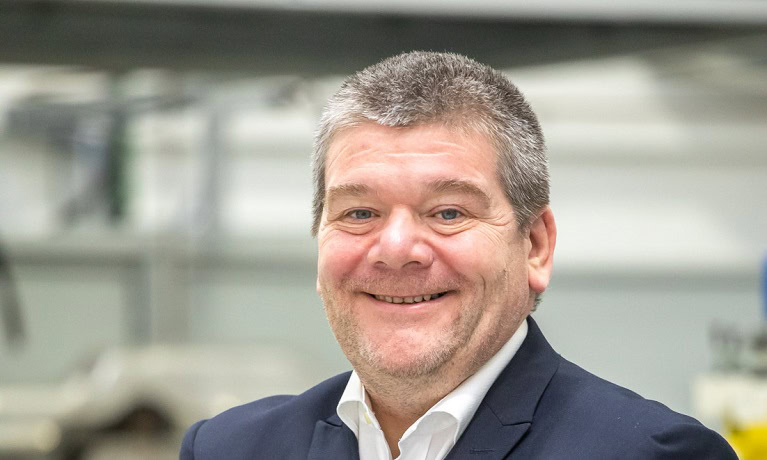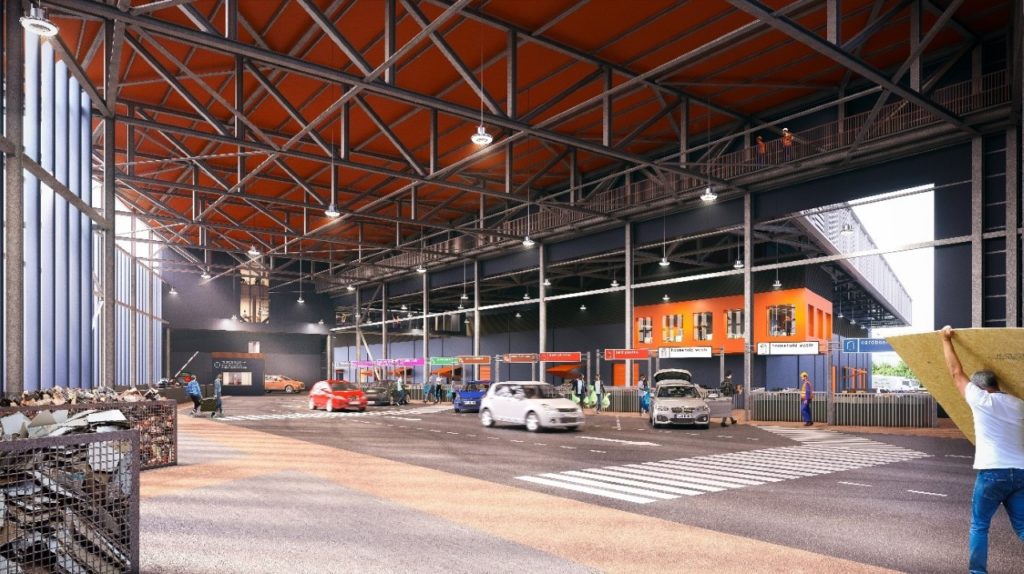The six month trial, which is just getting under way, has been designed to allow the council to assess which approach is most suitable for increasing recycling in the London borough.
Out of the 88,000 households in Harrow, 11,000 were issued with a brown bin for green waste in June 2003, using a 360,000 grant from the London Recycling Fund. From October 2004, residents at these households can also put kitchen waste and cardboard in this bin. These households will now have their green and kitchen waste collected weekly, and their residual waste collected each fortnight.
A further 11,000 households, which have had a brown bin for green waste since March this year, can now put kitchen waste and cardboard in the brown bins. The brown bins will be collected fortnightly, but unlike the other scheme, residual waste from these houses will still be collected weekly.
The council is planning to issue a brown bin to all households by the middle of next year. Almost all Harrow households also have a fortnightly green box dry recyclables service.
Sue Basil, recycling officer at Harrow council, said that the response from residents so far has been encouraging. “Residents seem generally in favour of the new schemes and we have had lots of emails of encouragement. The new schemes seem to really be making them think about what they are disposing of and especially about packaging issues.
Ms Basil said the new service has drawn residents' attention to the number of plastic bottles they use. “We don't collect plastic bottles and some residents are amazed by how many of these they are throwing away. Because we have to reduce biodegradable waste, under the Landfill Directive, we are concentrating on the kitchen waste collections first,” she explained.
The kitchen and green waste collected from Harrow is taken to West London Composting's new 2 million in-vessel composting facility at High View Farm in Harefield. Here, it is blended with sands and turned into a soil conditioner.
From the 66,000 households on the dry recycling scheme, Harrow collects glass, paper, cans, shoes, textiles and waste electrical and electronic equipment (WEEE). “We will collect toasters and kettles, as long as they are small enough to fit in the green boxes,” said Ms Basil. “We send this to scrap metal merchants.”
Harrow is currently recycling just under 19% of its waste and has a target of 25% to reach by 2006.









Subscribe for free